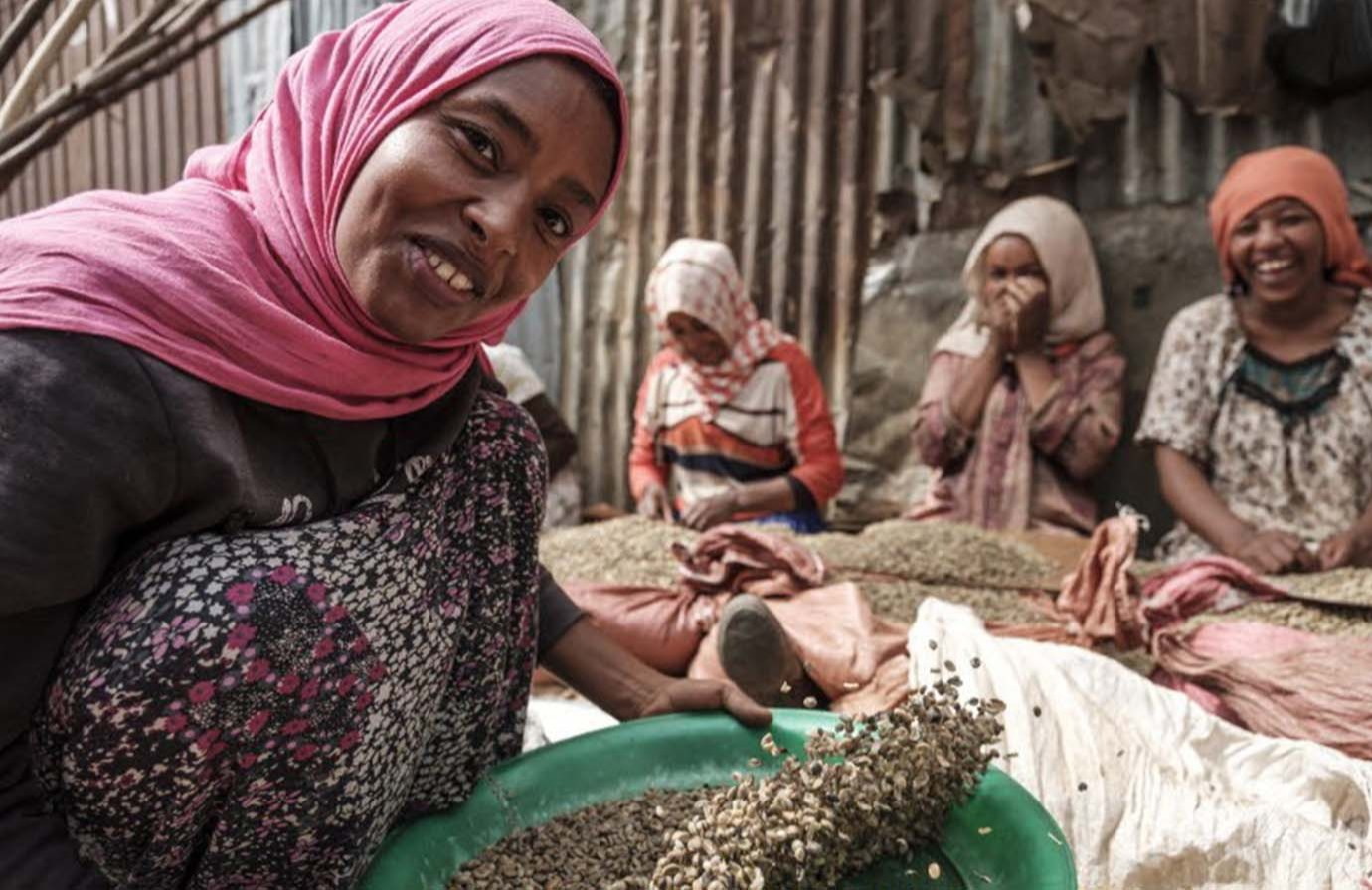Topic outline
This course is part of a series of three e-learning courses on Sustainable Food Systems (SFS), designed to equip you with the knowledge and tools required to apply systems thinking to complex food systems challenges in an integrated manner.
The course series highlights how systems thinking, and taking a sustainable food systems approach, can help to significantly improve our work in project and policy design for sustainable food systems development and transformation.
This third course in the series explains how to apply systems thinking to sustainable food systems development. It presents current and emerging operational approaches to food systems development, and a framework for holistic food systems policy-making and implementation.



The course primarily targets development practitioners and policy-makers working on the development of sustainable food systems. It will also benefit those interested in learning more about food systems and how to develop sustainable food systems, such as:
- Farmer representatives
- Support services providers
- Consumers
- Agribusiness representatives
- Development practitioners
- Government policy-makers
- How to apply systems thinking to sustainable food systems development
- Leverage points and binding constraints in food systems
- The four operational approaches to sustainable food systems development
- The Collaborative Framework for Food Systems Transformation as a tool for more holistic food systems policy-making
The course consists of 2 lessons of 40 minutes duration each:
- Lesson 1 - Systems thinking in sustainable food systems development
- Lesson 2 - Operational approaches to sustainable food systems development
The online version of this course runs on the latest versions of the major browsers, such as Google Chrome, Microsoft Edge, Mozilla Firefox and Apple Safari.
The downloadable version only runs on Windows PC’s and no additional software is needed.
Digital certification
This course offers certification. You will get your digital badge upon passing a final exam after completing the course and achieving a grade of at least 75%. Please click on the button below to complete the exam, or refer to our Certification section to learn more.
Evaluate this course
We would be pleased to receive your evaluation of this course, to support us in improving future e-learning courses. Please click on the button below to answer the questions in the form. It should only take you a few minutes!

